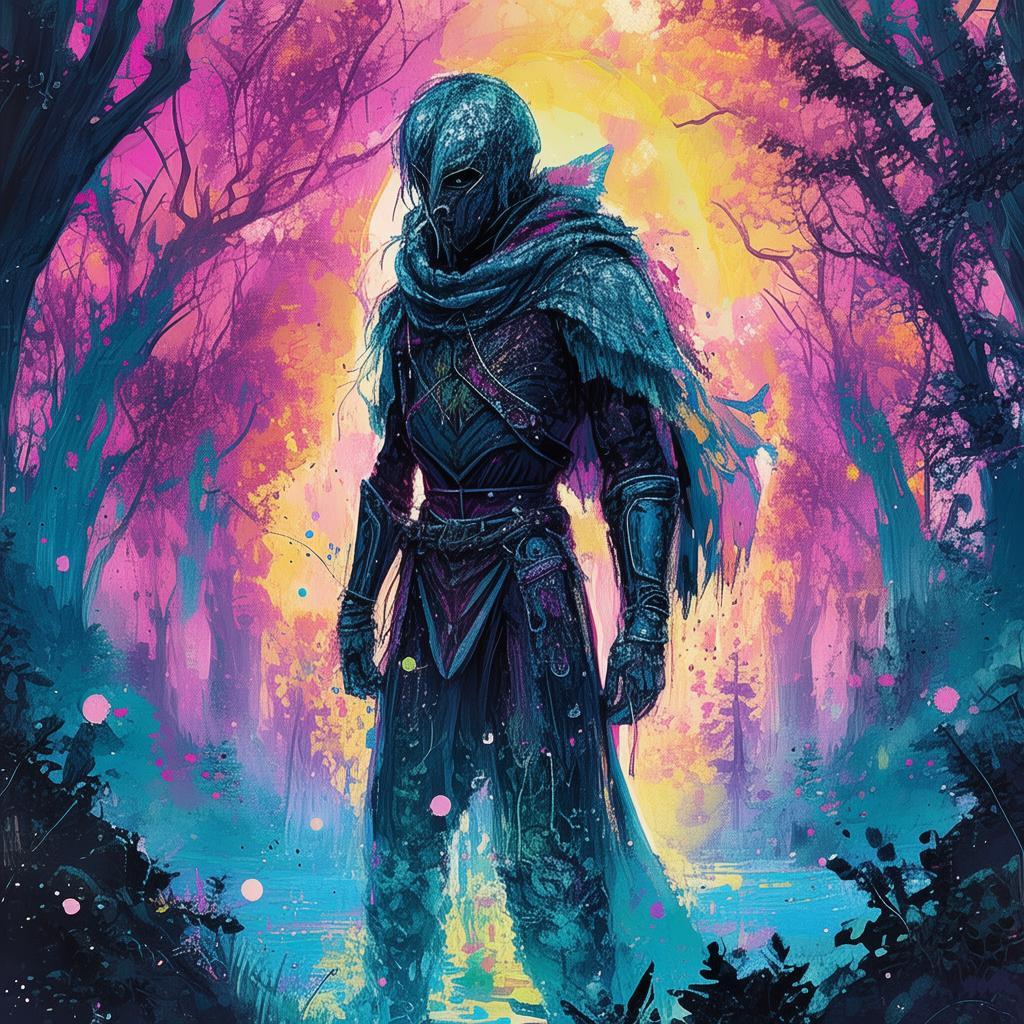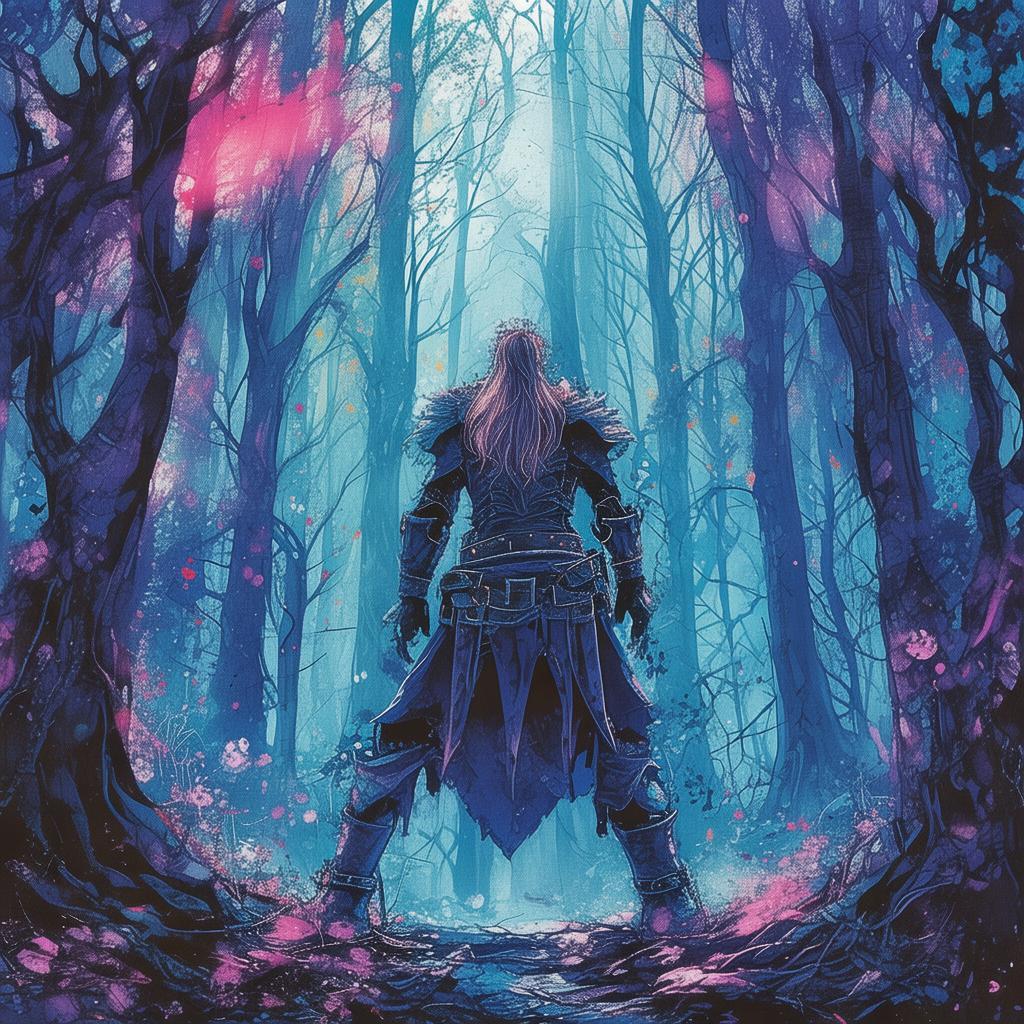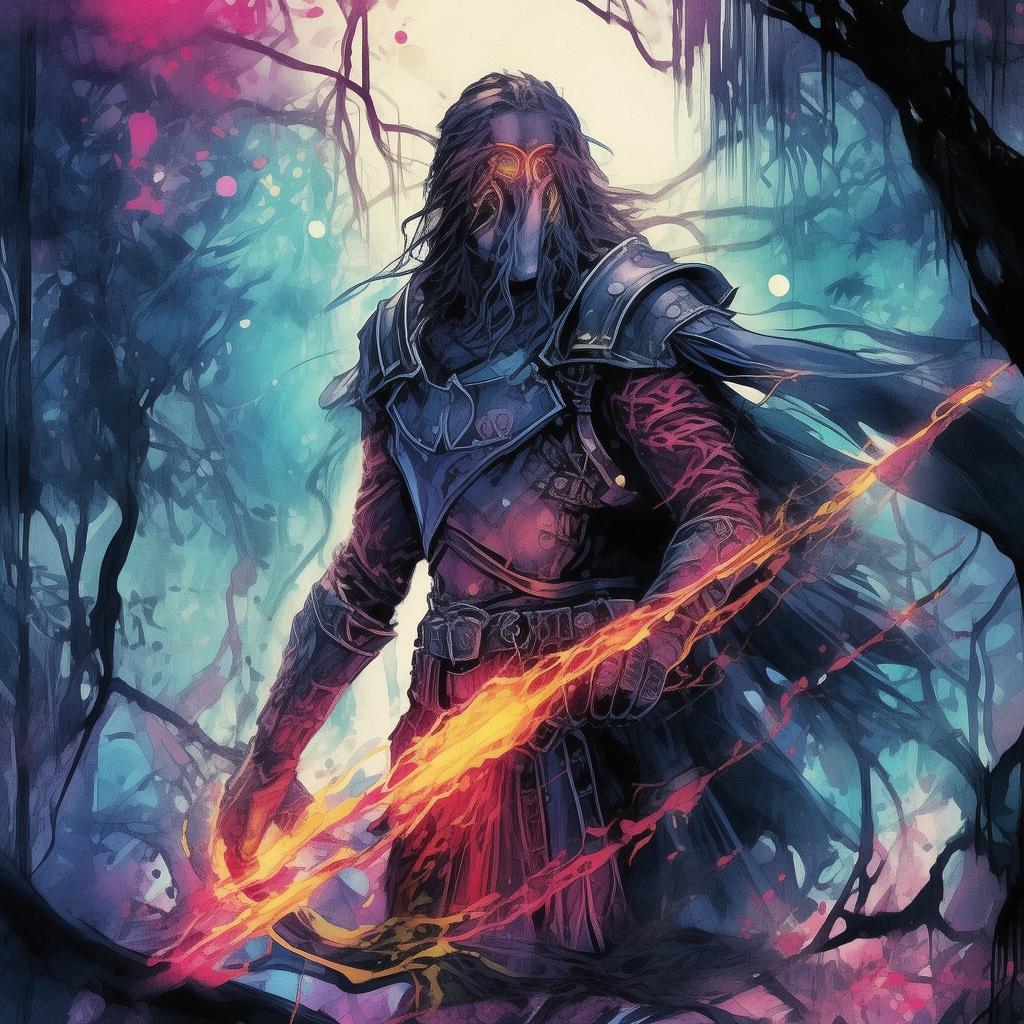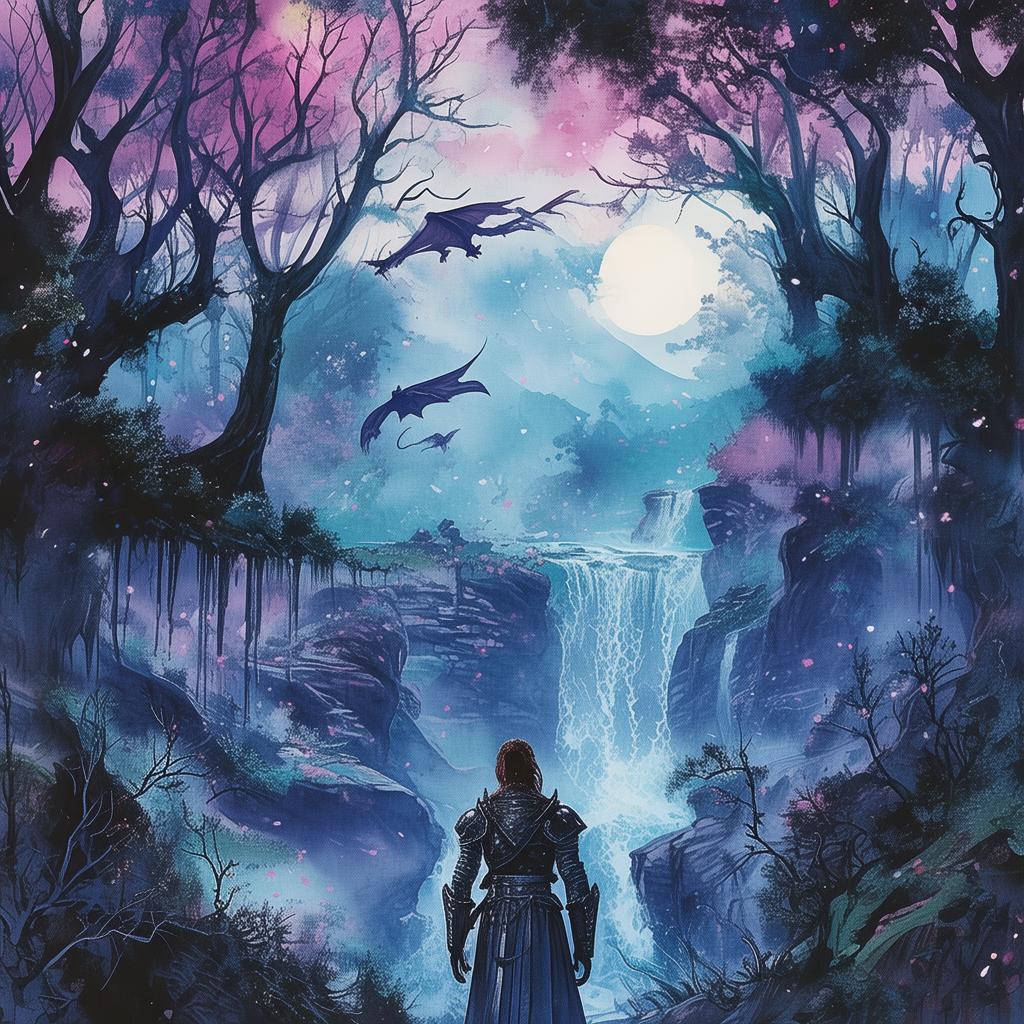The Betrayal of the Buddha's Compassion
In the heart of the ancient city of Lhassa, nestled among the towering peaks of the Himalayas, stood a temple that had withstood the test of time. Its walls were adorned with intricate carvings of deities and celestial beings, and its center piece was the Armless Buddha, a statue of unparalleled serenity and wisdom. The locals spoke of the Buddha's boundless compassion, and many came to seek solace and enlightenment within its hallowed walls.
The legend of the Armless Buddha was a tale of sacrifice and divine grace. According to the stories, the Buddha had renounced his divine powers to aid a suffering humanity, offering his arms to the gods in exchange for a life of service. His hands, now empty, symbolized his readiness to embrace all beings without judgment or preference.
But as the years passed, whispers of a darker truth began to surface. The temple's guardians, a group of monks sworn to protect the Buddha's legacy, were not who they seemed. Among them was a young monk named Thangpa, whose heart was torn between the temple's teachings and the mounting evidence of corruption.
One evening, as the sun dipped below the horizon, casting long shadows over the temple, Thangpa received a cryptic message from an unknown source. It spoke of a hidden chamber beneath the Buddha's pedestal, a place where the true nature of the Armless Buddha was kept secret from the world.
Determined to uncover the truth, Thangpa ventured into the forbidden chamber, his torch casting flickering shadows on the walls. The air was thick with the scent of age and mystery. As he pushed open the heavy stone door, he found himself in a dimly lit space, the walls lined with ancient scrolls and relics.
In the center of the room stood a pedestal, and upon it was a small, ornate box. Thangpa approached it cautiously, his heart pounding with a mix of fear and anticipation. He opened the box to reveal a scroll, which he unrolled with trembling hands.
The scroll was a record of the Armless Buddha's true story, a tale of betrayal and manipulation. It revealed that the Buddha's sacrifice was not a divine act of compassion but a political maneuver by the gods to weaken humanity. The gods, fearful of human potential, had convinced the Buddha to renounce his powers, thinking he would be unable to protect the world from their schemes.
Thangpa's mind raced as he pieced together the implications. If the Buddha's compassion was a lie, then everything he had been taught was false. He felt a deep sense of betrayal, not just towards the Buddha, but towards the very essence of his faith.
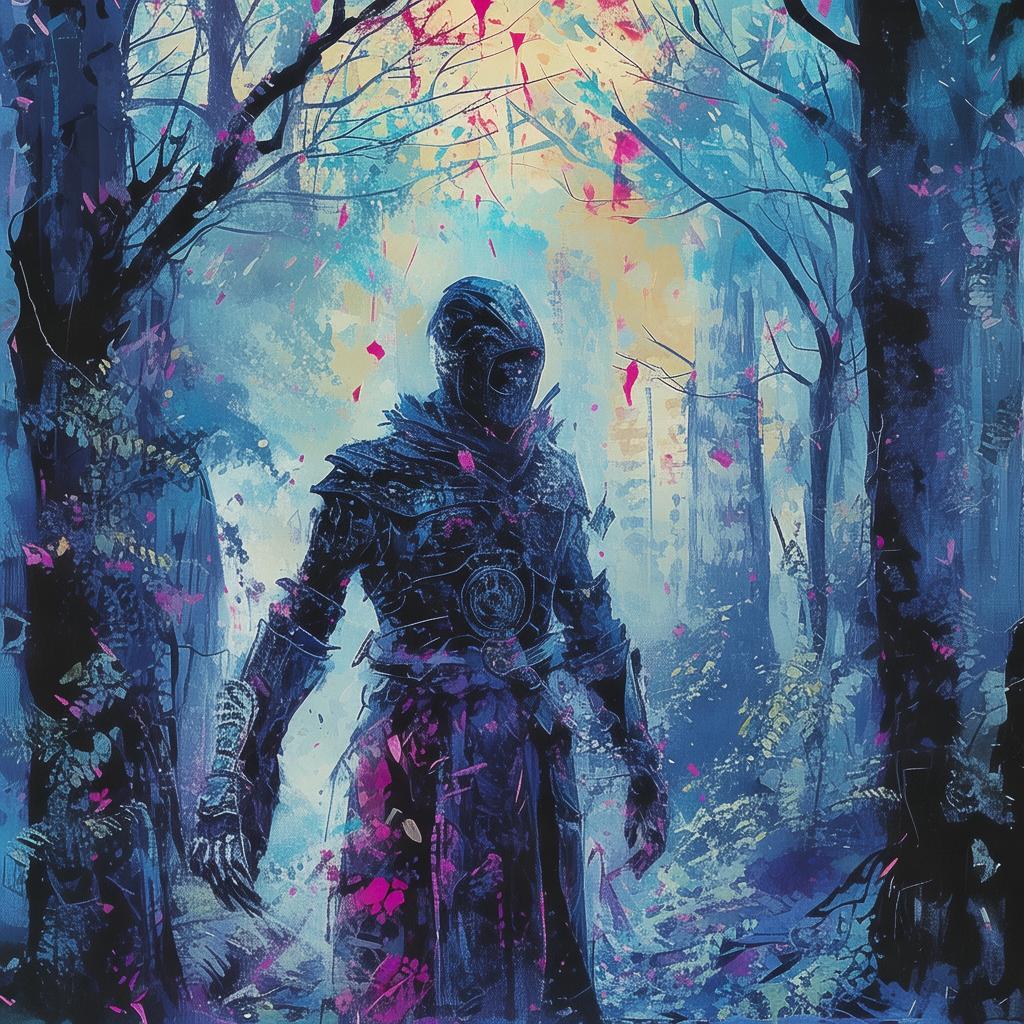
As he continued to read, the scroll revealed another shocking revelation: the temple's guardians were in league with the gods, using the Buddha's image to manipulate the people. They had been feeding them lies, using the Buddha's name as a shield for their own evil deeds.
Just as Thangpa was about to leave the chamber, he heard a low whisper behind him. Turning, he saw the leader of the guardians, a monk with eyes that held the cold, calculating gaze of a serpent. "You should have known better, Thangpa," the monk said, his voice dripping with malice. "The Buddha's compassion is a facade, a tool used to control and enslave."
Thangpa's heart raced as he faced the monk, his mind clouded with confusion and anger. "Why?" he demanded. "Why do you do this?"
The monk smiled, a chilling expression that sent a shiver down Thangpa's spine. "Because power is everything," he replied. "And the gods have shown us how to wield it."
In a swift motion, the monk lunged at Thangpa, his hand grasping for the monk's throat. Thangpa, though untrained in combat, fought back with all his might, his eyes filled with a newfound determination. The struggle was fierce, but in the end, Thangpa emerged victorious, the monk collapsing to the ground, gasping for air.
With the monk's defeat, Thangpa knew he had to act. He took the scroll and fled the temple, determined to expose the truth to the world. As he ran through the city streets, the people around him looked on in shock and confusion.
Thangpa found a willing audience in the king, who was also a follower of the Armless Buddha. The king, intrigued by the monk's claims, agreed to help Thangpa spread the truth. Together, they traveled to the temple, where Thangpa confronted the remaining guardians.
The confrontation was fierce, with the guardians defending their actions with fervor and force. But in the end, the truth could not be denied, and the guardians were overthrown. The king, moved by Thangpa's courage and the revelations of the scroll, decreed that the temple would be renovated, and the Armless Buddha would be given a new pedestal, one that did not require him to renounce his divine powers.
The people of Lhassa, now free from the guardians' lies, celebrated the truth's revelation. Thangpa, though haunted by the darkness he had uncovered, found solace in the knowledge that he had helped to restore the Buddha's true image of compassion and wisdom.
And so, the legend of the Armless Buddha continued to grow, not as a symbol of divine weakness, but as a reminder of the power of truth and the courage it takes to face the darkest of secrets.
✨ Original Statement ✨
All articles published on this website (including but not limited to text, images, videos, and other content) are original or authorized for reposting and are protected by relevant laws. Without the explicit written permission of this website, no individual or organization may copy, modify, repost, or use the content for commercial purposes.
If you need to quote or cooperate, please contact this site for authorization. We reserve the right to pursue legal responsibility for any unauthorized use.
Hereby declared.
